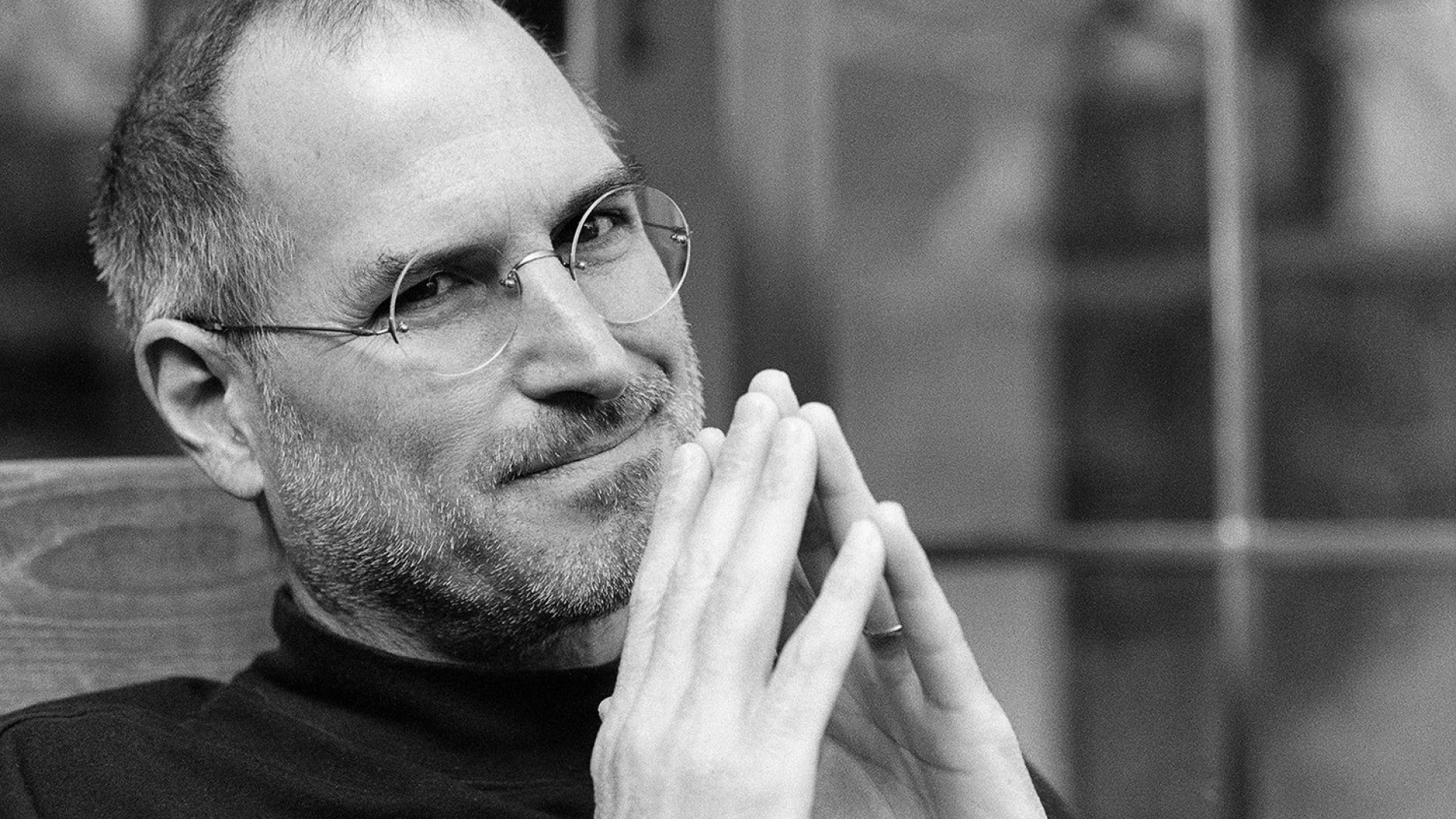by Fred Kiel
Walter Isaacson’s biography made us think Steve Jobs succeeded by his genius in spite of his character flaws and abysmal management skills. The new biography by Brent Schlender and Rick Tetzeli entitled Becoming Steve Jobs claims the opposite: that Jobs should not just be remembered as a genius, but also as a skilled manager and even a person with strong character habits. Is the new biography more accurate or a whitewashed revisionist history? More importantly, what does the debate tell us about our own character and its hope for evolution and impact?
Neither biography denies Jobs’ notorious temper, but the new one makes the case that he wouldn’t have gotten very far if he hadn’t learned to manage it and evolved his character over time. A new study by KRW Research Institute provides the data to back that up.
According to the study, not only is character a learned trait (and not necessarily innate), but leaders who score high in four specific categories (Integrity, Responsibility, Compassion, and Forgiveness) return nearly 5x the ROA of low character leaders, and lead workforces 26% more engaged on average.
Schlender and Tetzeli describe how Jobs learned to become an effective manager and reign in his impulsiveness during the years he led NeXT and Pixar following his ouster from Apple in 1985. He not only honed his management chops, he matured as a husband and father and as someone who developed and maintained deep friendships. By growing from a half genius – half jerk into a highly skilled leader and a person of character, Jobs proved that character habits are not set in stone. We have the power to grow our character habits.
Many brilliant young entrepreneurial CEOs fail to learn from their mistakes. Jobs was not one of them. After the debacle at Apple and the failure of NeXT to achieve widespread appeal, he sought out guidance. Even though he owned Pixar, he established a deep relationship with Ed Catmull, the president, as his mentor. This was one of the first outward signs of the evolution of his character. No longer perceiving himself as a lone visionary, Jobs was open to the feedback about his character flaws from those closest to him.
Essential to Jobs’s success when he returned to Apple were the skills he developed during his years in the wilderness. The Apple he came home to was a shambles, and was almost sold to Sun Microsystems in 1996 for less than $3 billion after being described as, “one of the worst managed companies in the industry.”
Rather than lament the sorry state of the company he founded, Jobs rolled up his sleeves and set about righting the ship. His new approach was centered around integrity and responsibility. Gone was the egomaniacal tyrant of the early-80s Macintosh days. He still demanded perfection, but his intensity was now tempered by his fierce loyalty to his team. He was able to select and lead a high performance team, and he attracted and retained outstanding talent, including the current CEO Tim Cook. CEOs who have weak character habits are not able to attract and keep the Tim Cooks of this world.
Once known for his scorched Earth approach to competitors and those he believed wronged him, Jobs also learned forgiveness and it paid huge dividends. He buried the hatchet with longtime rival Bill Gates and two enjoyed a close friendship that transcended their storied tech rivalry. Gates wrote to Jobs upon learning of his illness, telling him how much he admired him and what he’d been able to accomplish both professionally and as a family man, and Jobs kept the letter by his bedside till the end.The new Jobs biography is a story of failure – the dramatic crash of a creative genius who was fired by the very company he founded because of his poor management skills and weak character habits. That could have been the end of the story, and would have been for a lesser leader. But it’s also a tale of redemption. By embracing a measure of humility, Jobs leaned into learning from his mistakes.
Ultimately the redemption and maturation of this half genius – half jerk into one of the most successful and inspiring CEOs of the 21st Century was about developing both his management skills and his personal character. He developed both “what” he came to know about management (his skills) as well as “who” he came to be as a person – his character.
Steve Jobs is a poignant example of what is possible when we make our character a priority, and the numbers don’t lie. His evolution from self-focused egomaniac into a highly skilled leader and person of character made Apple the most valuable company on Earth. Focusing on improving character habits can transform any leader into the best version of themselves, enabling them to build massive value for stakeholders and make their own dent in the universe.
Originally published on Business2Community.com.
